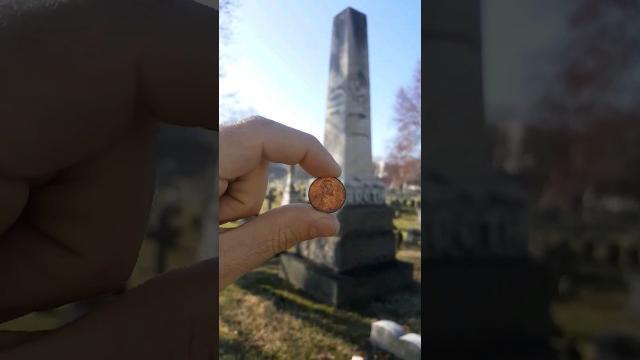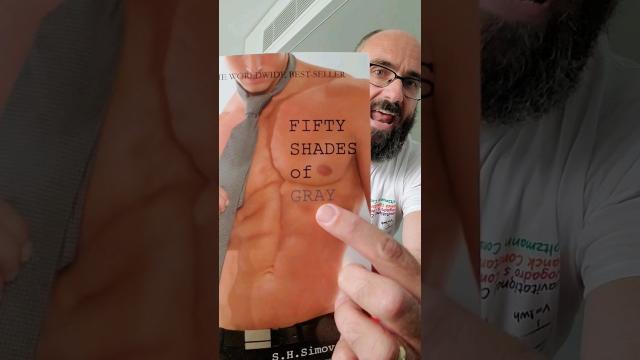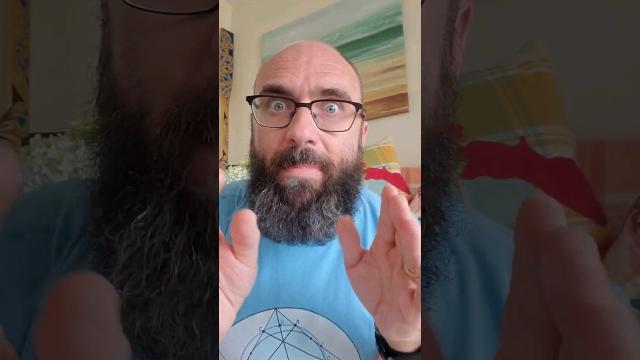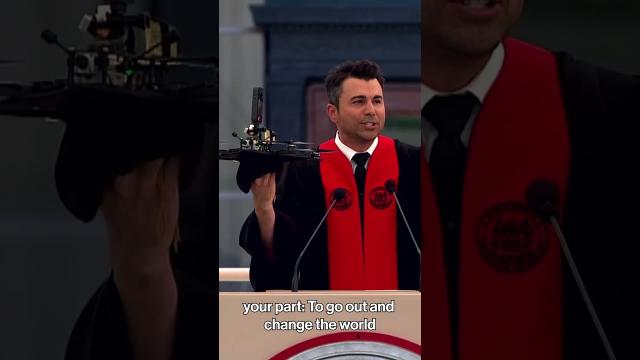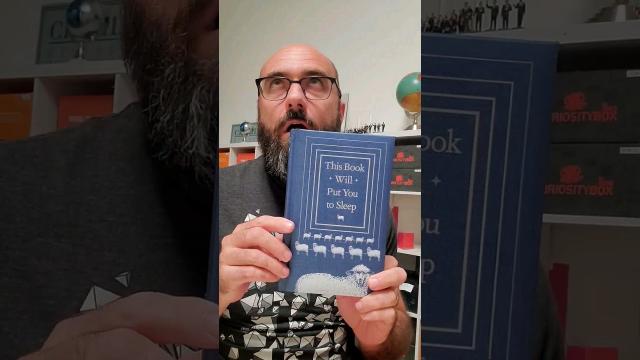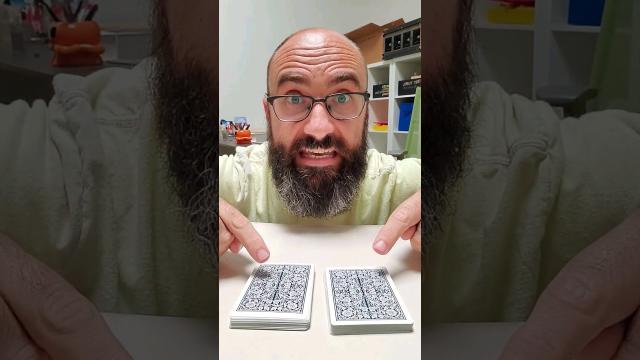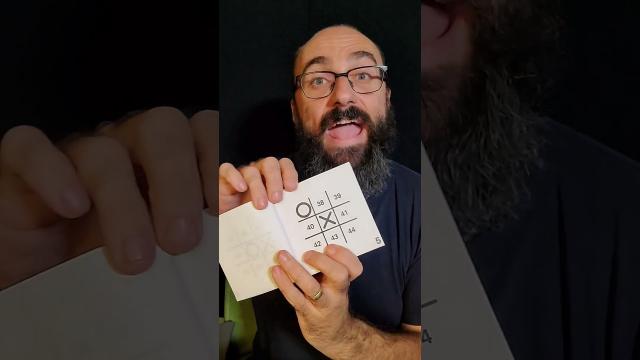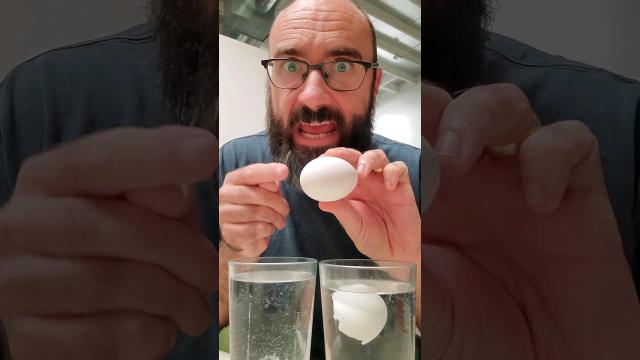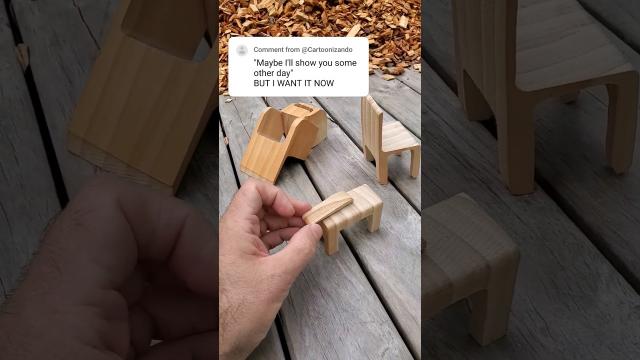Time Travel, Teleportation & Science
Time travel is the concept of moving between different points in time in a manner analogous to moving between different points in space, generally using a theoretical invention, namely a time machine. It has a commonly recognized place in philosophy and fiction, but has a very limited application in real world physics, such as in quantum mechanics or wormholes.
Although the 1895 novel The Time Machine by H. G. Wells was instrumental in moving the concept of time travel to the forefront of the public imagination, The Clock That Went Backward by Edward Page Mitchell was published in 1881 and involves a clock that allowed three men to travel backwards in time.[1][2] Non-technological forms of time travel had appeared in a number of earlier stories such as Charles Dickens' A Christmas Carol. Historically, the concept dates back to the early mythologies of Hinduism (such as the Mahabharata), Buddhism, and Islam through ancient folk tales. More recently, with advancing technology and a greater scientific understanding of the universe, the plausibility of time travel has been explored in greater detail by science fiction writers, philosophers, and physicists.
Teleportation, or Teletransportation, is the theoretical transfer of matter or energy from one point to another without traversing the physical space between them. It has a commonly recognized place in science fiction literature, film, and television, but as yet has a very limited application in real world physics, such as quantum teleportation or the study of wormholes.
Science (from Latin scientia, meaning "knowledge") is a systematic enterprise that builds and organizes knowledge in the form of testable explanations and predictions about the universe. In an older and closely related meaning, "science" also refers to a body of knowledge itself, of the type that can be rationally explained and reliably applied. A practitioner of science is known as a scientist.
In modern usage, "science" most often refers to a way of pursuing knowledge, not only the knowledge itself. It is also often restricted to those branches of study that seek to explain the phenomena of the material universe.
Source : Wikipedia
-
1:31:43
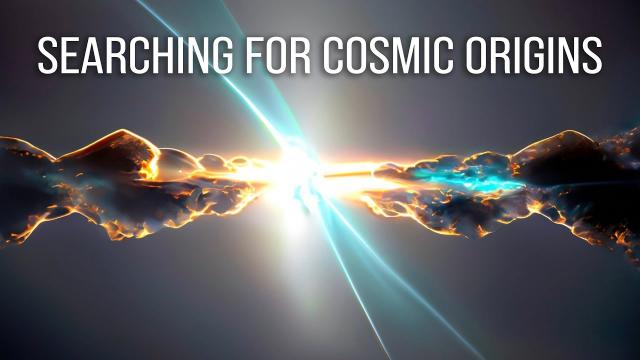
Searching For Cosmic Origins
Added 156 Views / 0 LikesThe powerful blending of theory and observation has catapulted cosmology from campfire storytelling to precision science. Brian Greene is joined by Jo Dunkley, Eva Silverstein and Nobel Laureate Adam Riess – scientists at the forefront of fundamental phys
-
26:37
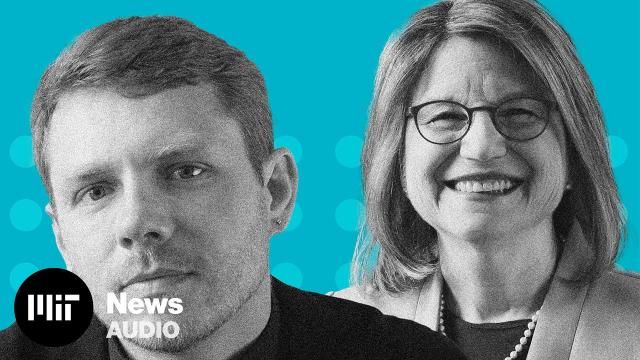
Curiosity Unbounded, Ep. 7: Staying radical and relevant
Added 156 Views / 0 LikesSkylar Tibbits is a designer and computer scientist whose research focuses on self-assembling and programmable materials, and 3D and 4D printing. He is the founder of the MIT Self-Assembly Lab. Here, Skylar speaks with MIT President Sally Kornbluth about
-
05:38
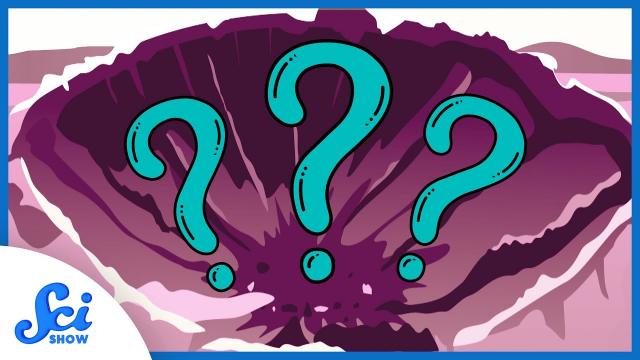
The Oldest Crater from a Meteorite…Isn’t a Crater after All?
Added 154 Views / 0 LikesThere's one crater that may be older than any that we know of. Except there's a snag, it might not actually be a crater at all.Hosted By: Hank GreenSciShow is on TikTok! Check us out at https://www.tiktok.com/@scishow----------Support SciShow Space by bec
-
01:01
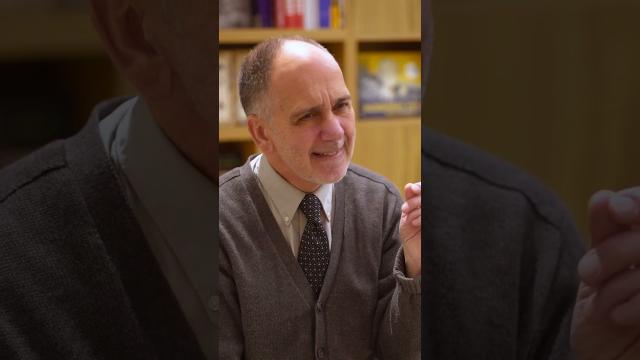
The Master Palindromist
Added 154 Views / 0 LikesBarry Duncan is a master palindromist who has been honing his craft for decades. He’s a bookseller at the MIT Press Bookstore, but when not surrounded by words for his job, he’s busy working words into two-way prose to the delight of many. Watch the full
-
06:39
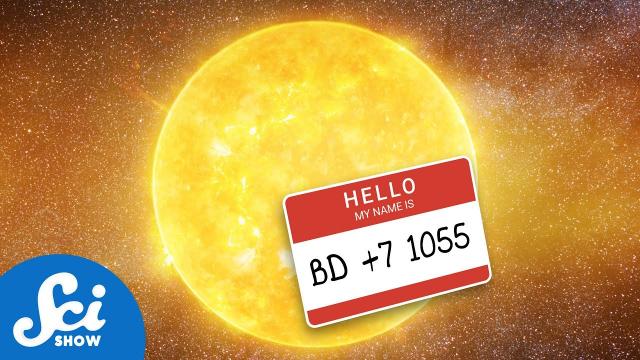
Why are Astronomers So Bad at Naming Things?
Added 153 Views / 0 LikesWith star names like 2MASS J05551028+0724255, it might seem like astronomers are not so great at naming things. But if you know the code, these names can actually help you find the star in the sky.Hosted by: Reid Reimers----------Huge thanks go to the fol
-
01:04
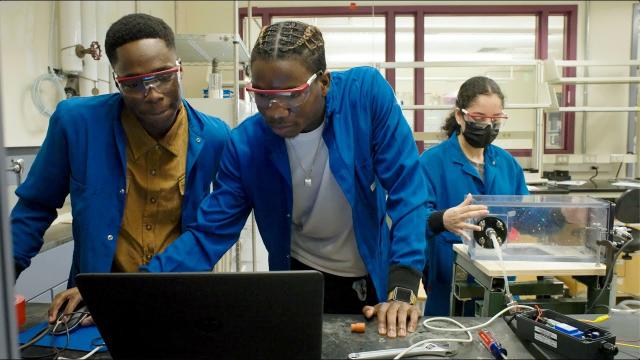
This is MIT
Added 153 Views / 0 LikesThe Massachusetts Institute of Technology is an independent, coeducational, privately endowed university in Cambridge, Massachusetts. Our mission is to advance knowledge; to educate students in science, engineering, technology, humanities and social scien
-
33:19
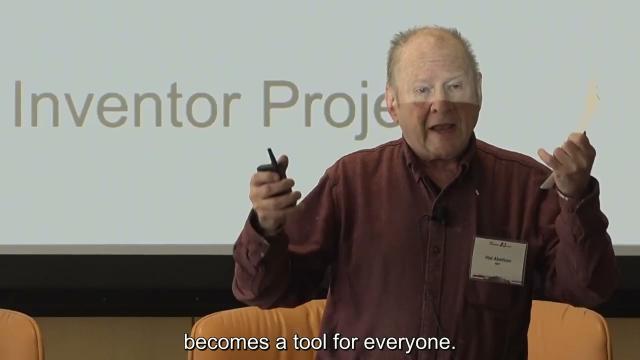
Generative AI +: Education: Big Ideas from MIT and Closing remarks
Added 153 Views / 0 LikesModerator Philipp Schmidt in conversation with Hal Abelson, Megan Muniz, and Pattie Maes. Closing remarks by Cynthia Breazeal and Chris Capozolla. Watch more videos from MIT: http://www.youtube.com/user/MITNewsOffice?sub_confirmation=1The Massachusetts In
-
17:03
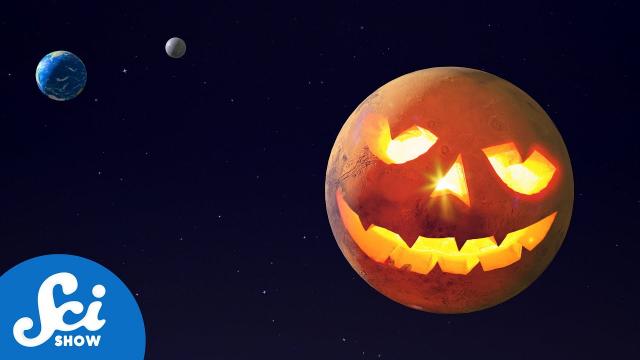
Why Space is the Place For Halloween Lovers | Compilation
Added 152 Views / 0 LikesHead to https://www.complexlycalendars.com/products/scishowspace to buy your 2023 SciShow Space calendar today!In honor of the spookiest time of year, let's take a look at the spookiest-named things in the cosmos.Hosted by: Reid Reimers----------Huge than
-
04:09
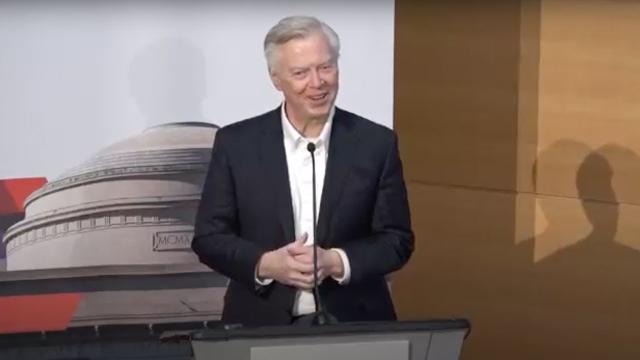
Generative AI Impact on Commerce Welcome Remarks
Added 152 Views / 0 LikesDave Schmittlein, Dean and Professor, MIT Sloan School of Management, welcomes guests to the final portion of Generative AI Week.Watch more videos from MIT: http://www.youtube.com/user/MITNewsOffice?sub_confirmation=1The Massachusetts Institute of Technol
-
00:58
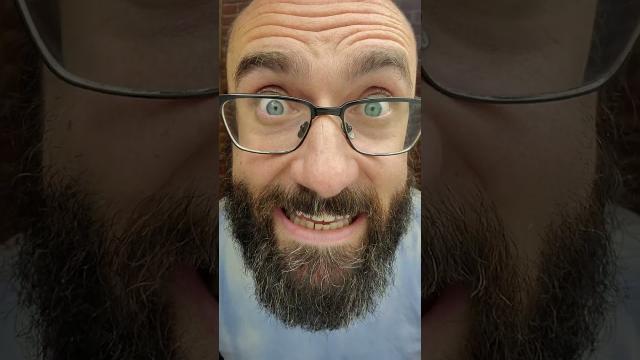
The Chiliagon
Added 151 Views / 0 Likes#shorts #geometry https://en.wikipedia.org/wiki/Chiliagonhttps://en.wikipedia.org/wiki/List_of_polygons

